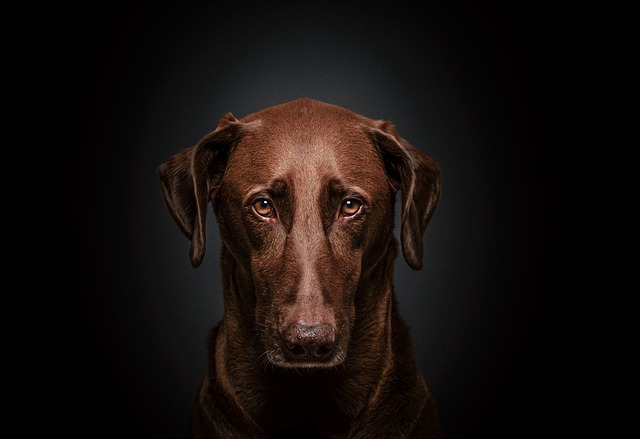
How to guide your dog to urinate and defecate outside?
Puppy pads scattered across the kitchen, a surprise pile behind the couch, the frantic scramble to clean before guests arrive—house-training struggles feel universal.
How to get a dog to stop peeing and pooping in your house? If you’re a new dog parent in the US, few things sting more than stepping on a cold puddle in your socks or finding a surprise on the living room rug. It’s frustrating, sure, but it’s also a sign your pup hasn’t quite learned the rules yet—and that’s totally fixable. Let’s turn those accidents into a thing of the past.
Dogs aren’t being “bad” when they go indoors—they’re either following their instincts or haven’t learned where you want them to go. Puppies, for example, have tiny bladders and need to go every 2–3 hours; adult dogs might struggle if they’re anxious, sick, or never learned a routine. Behaviorists call this “house training regression,” and it’s rooted in their need for consistency. They thrive on predictability, so when you set clear expectations (and rewards), they’ll catch on fast.
Start with a strict schedule. Take your dog out first thing in the morning—before breakfast, even. Then again 15–20 minutes after meals, after naps, and right before bed. When they go outside, use a cue like “Go potty!” and immediately reward with a high-value treat (think cheese or their favorite kibble) and excited praise. My cousin’s rescue beagle, Daisy, took two weeks of this routine to stop peeing on her couch—now she sits by the door when she needs to go. If accidents happen indoors, don’t scold—just clean it up with an enzymatic cleaner (regular soap leaves smells they’ll revisit). The key is to make outside feel like the best place to go.
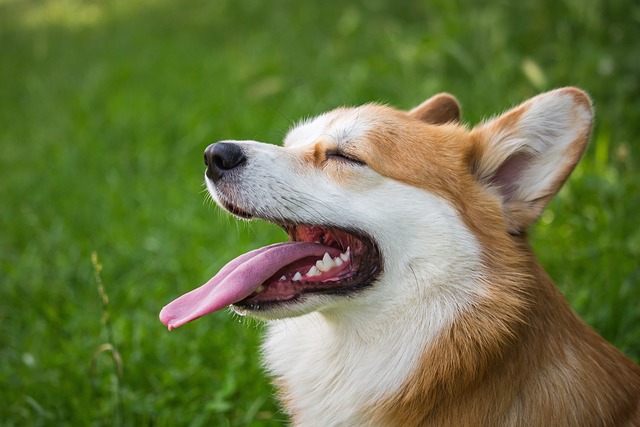
Let’s talk rules, too. First, compliance: Every US state requires rabies vaccines, and some cities (like Los Angeles) mandate proof if your dog is over 4 months old. When you’re out for those potty breaks, always carry poop bags—fines for leaving waste in parks or sidewalks can hit $150 in Philadelphia, and it’s part of being a good neighbor.
Culturally, never yell, hit, or rub their nose in accidents. That teaches them to fear you, not to go outside. Instead, if you catch them mid-accident, calmly say “Let’s go outside!” and rush them out—praise like crazy if they finish there. Trust me, positive vibes work way better than frustration.
Living in an apartment? Stick to your schedule even on busy days—neighbors won’t appreciate lingering smells from indoor accidents. If you work long hours, consider a dog walker or a pee pad in a quiet corner (train them to use it with the same rewards as outside). When taking elevators, keep them on a short leash to avoid last-minute accidents in tight spaces.
With time, your pup will learn that outside (or their designated spot) is where the good stuff happens. Those socks will stay dry, your rug will stay clean, and you’ll both feel proud of the progress.

Puppy pads scattered across the kitchen, a surprise pile behind the couch, the frantic scramble to clean before guests arrive—house-training struggles feel universal.

It’s a familiar morning scene for many new dog owners: you walk into the kitchen to find your pup’s nose buried in the trash can, cereal boxes torn open and banana peels scattered across the floor.
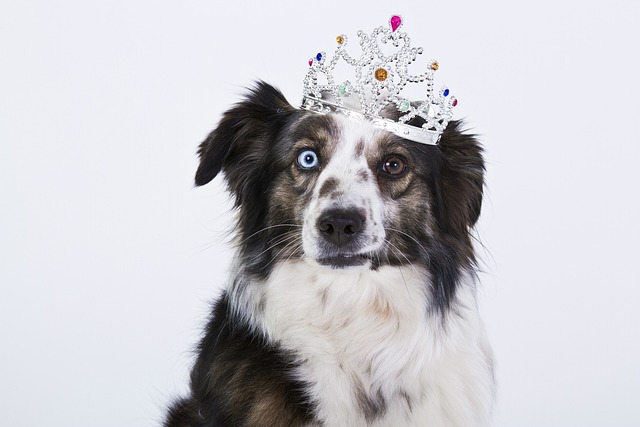
Watching a tiny Yorkie or Chihuahua dart toward the door instead of squatting on the rug feels like a win—but getting there takes time, and every pup moves at their own pace.
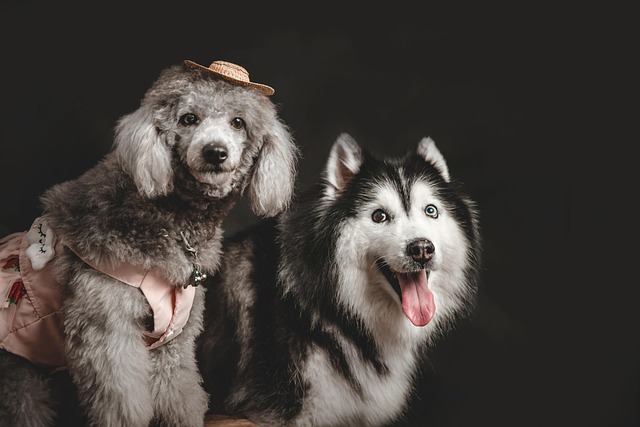
Puppies have tiny bladders, and when you live in an apartment with no yard or during harsh winters that make outdoor trips tricky, indoor potty training becomes a necessity.
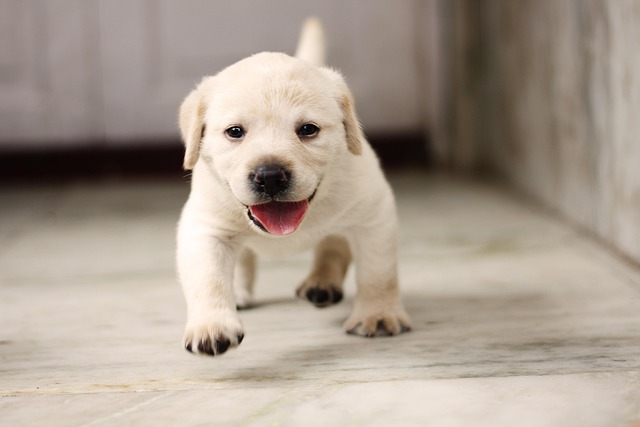
Many new dog parents see agility videos—dogs zipping through tunnels, leaping over hurdles—and think, “We could never do that at home.”
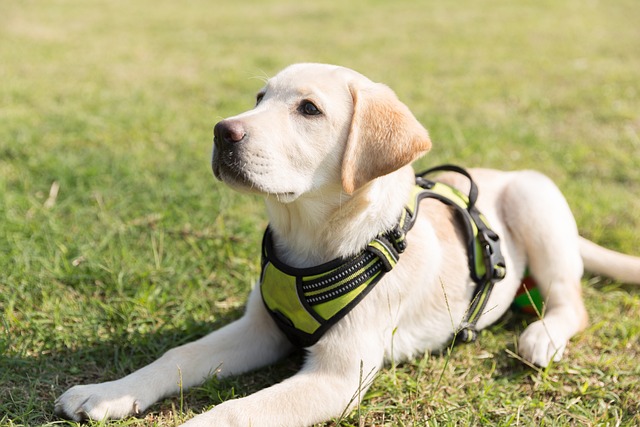
Ever called your dog in the park, only for Fido to pretend he’s suddenly deaf? Or struggled to get him off the sofa when guests arrive? You’re not alone.